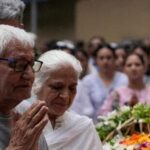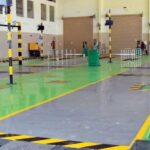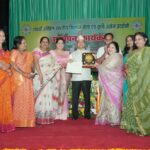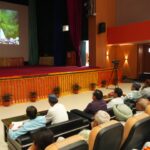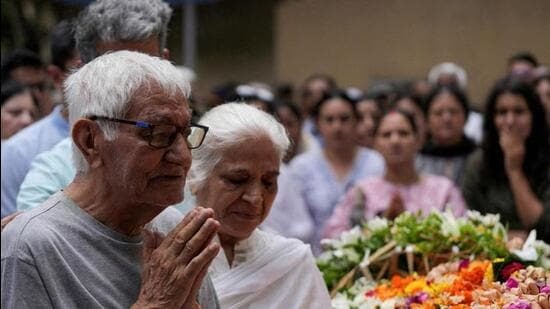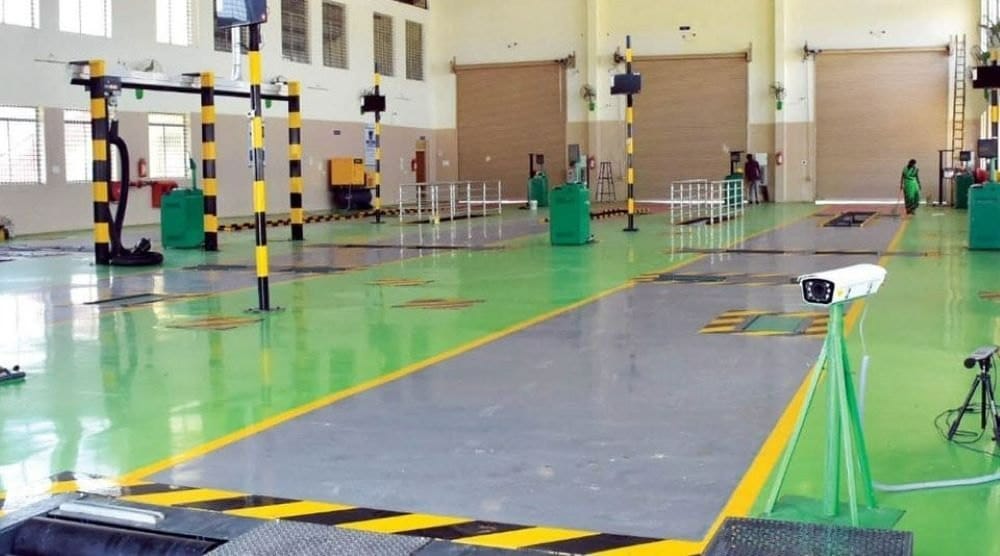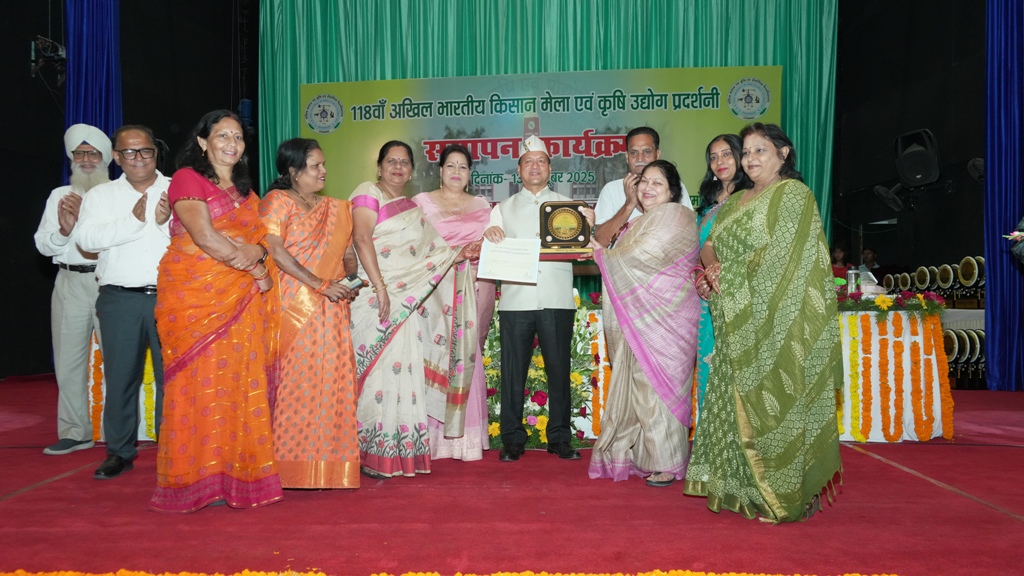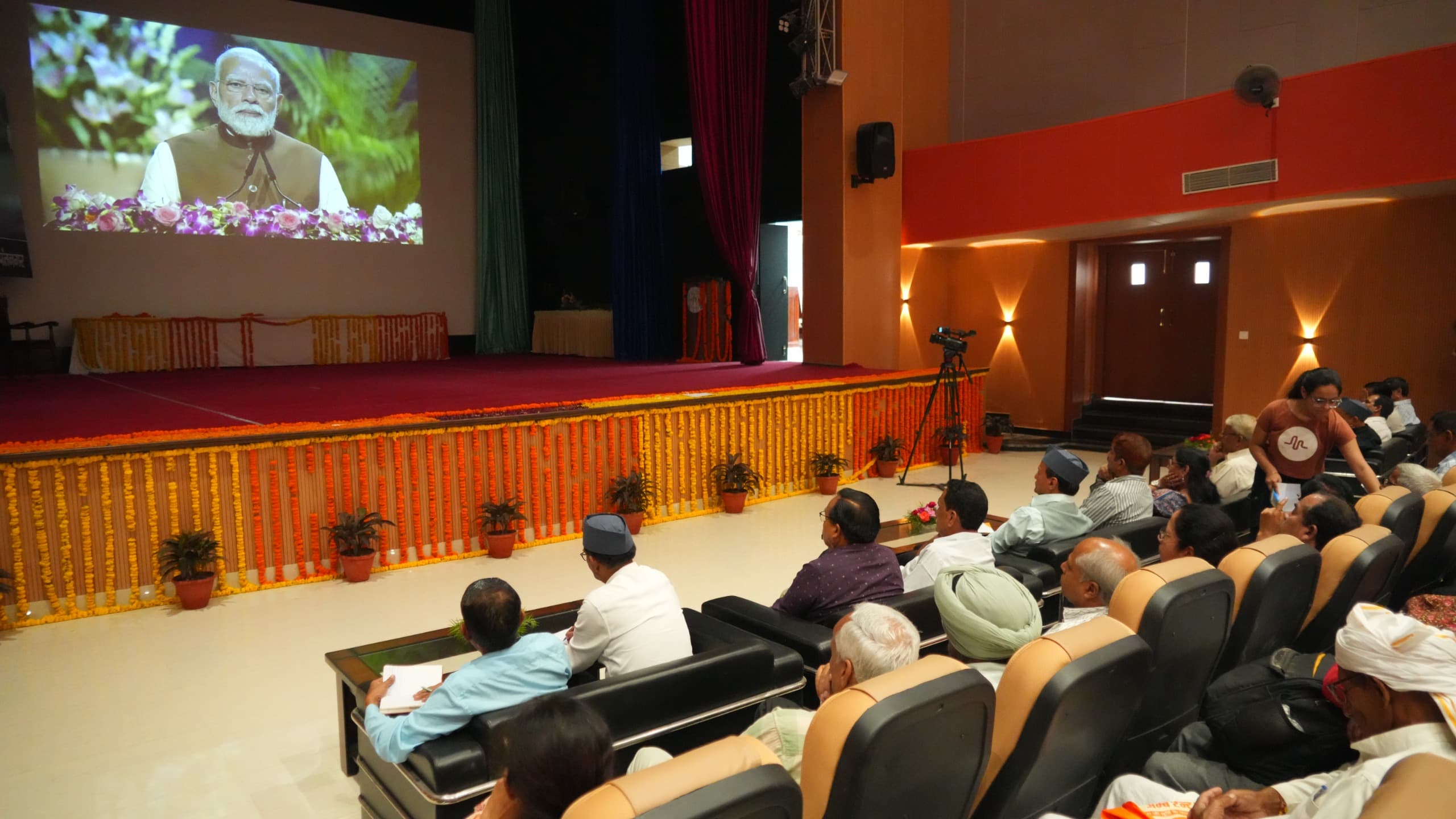Himalaya Harbinger, Uttarakhand Bureau
The father of late Captain Sumeet Sabharwal, who commanded the Air India Boeing 787 Dreamliner which crashed shortly after take-off from Ahmedabad on June 12, has moved the Supreme Court along with the Federation of Indian Pilots (FIP), seeking a judicially monitored investigation into the accident. He has also sought closure of the ongoing probe by the Aircraft Accident Investigation Bureau (AAIB).
The writ petition, filed on October 10 under Article 32 of the Constitution, requests that a committee headed by a retired Supreme Court judge and comprising independent aviation experts be constituted to conduct a fair and transparent inquiry into the crash.
It alleges that the preliminary report prepared by the AAIB is “defective, biased, and incomplete,” as it attributes the cause of the accident to pilot error while disregarding serious technical and systemic factors that merit independent scrutiny.
Capt Sabharwal’s father Pushkar Raj Sabharwal and Federation of Indian Pilots’ (FIP), consisting of over 6,000 pilots, have sought that the current probe be set aside and all records be transferred to a judicially monitored committee. It states that only an independent, expert-led investigation can ensure accountability, restore public confidence, and prevent recurrence of such tragedies.
The petition states that Capt. Sabharwal, who had over 30 years of incident-free flying and more than 15,000 flight hours, was among the most experienced commanders on the Boeing 787 fleet. The petition states that the ongoing investigation has been prejudiced against the deceased pilot, who is unable to defend himself, and that such a one sided inquiry not only tarnishes his reputation but also poses a threat to public safety by failing to identify the true cause of the crash.
The petition points to several inconsistencies in the preliminary report such as; the aircraft’s Ram Air Turbine (RAT), an emergency power generator which deploy automatically when both primary and backup electrical systems fail, was activated before the pilots could make any control inputs. This, it claims, indicates an electrical or software malfunction rather than any human error.
The petition also stated the simultaneous failure of the Emergency Locator Transmitter (ELT), which did not activate after impact, further highlighting as further evidence of a complete electrical collapse.
The father, in the petition, has also questioned the report’s finding of both engine fuel control switches moved from “RUN” to “CUTOFF” within one second, describing such synchronised manual movement as “implausible under take-off conditions.”
It claims that the sequence is more consistent with an automatic or corrupted digital command rather than deliberate pilot action. The failure to analyse damage to the flight data recorder, whose protective casing was found melted without soot deposits, is also described as a serious omission.
According to the petition, the composition of the five-member AAIB investigation team violates the principle of natural justice since it includes officials from the Directorate General of Civil Aviation (DGCA), whose regulatory oversight is itself under examination. The inclusion of representatives from Boeing and GE, whose equipment was involved, is also highlighted to compromise the probe’s independence.
The petition also raises concern over the unauthorised disclosure of cockpit voice recordings to the media in violation of rules, which prohibit public release of such material. It has alleged that selective leaks led to media reports portraying Capt. Sabharwal in a negative light, amounting to a violation of his right to dignity and reputation under Article 21 of the Constitution.

